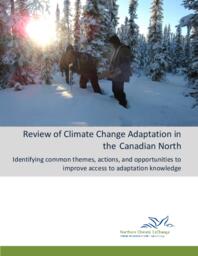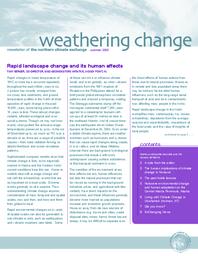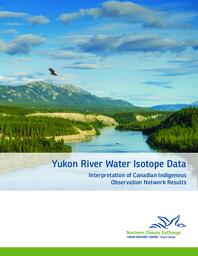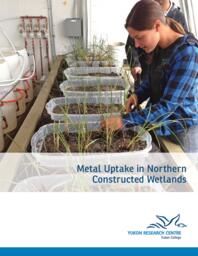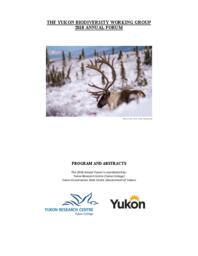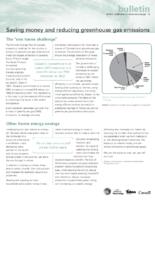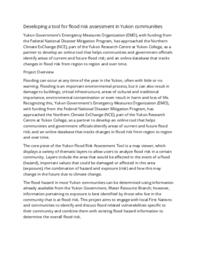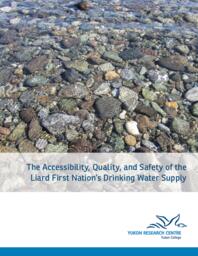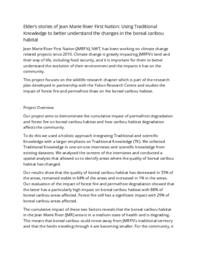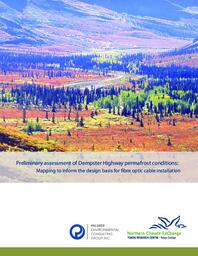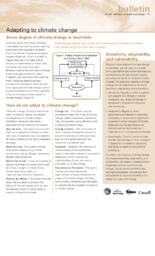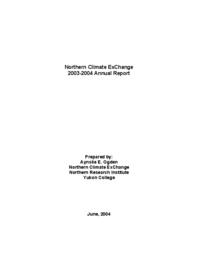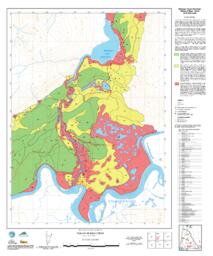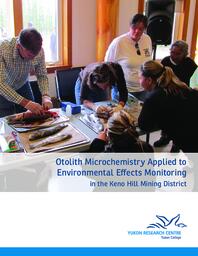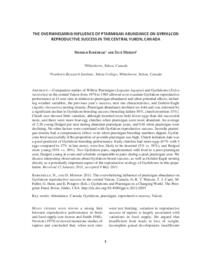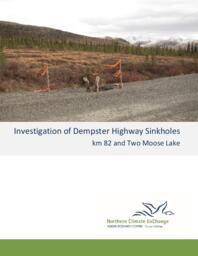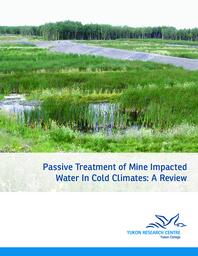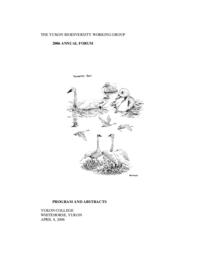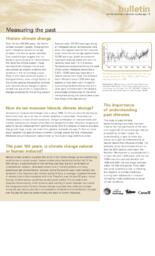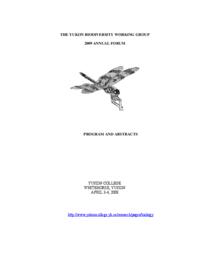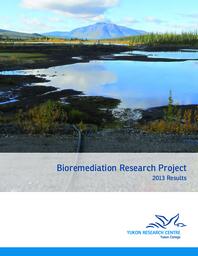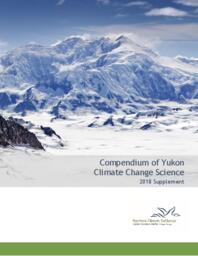Digital Document
Throughout northern Canada, a variety of documents speaking to climate change adaptation have been published. These range from peer review articles over presentations, websites, and reports to online tools. This project represents an effort to tie…
Digital Document
Digital Document
"This project examines a robust set of water isotope data collected within the Yukon River watershed" -- from Project Introduction.
Digital Document
Constructed wetlands (CWs) have been employed as passive treatment systems for metal contaminated mine drainage in Canada. However, relatively few CWs have been documented in northern environments and further studies are needed to understand the…
Digital Document
Digital Document
Northern Cross Yukon Ltd. is in the process of electing a treatment method for drinking water provision at their base camp situated in Eagle Plains, Yukon Territory (Canada). An experiment was conducted at the Yukon Research Centre for comparing…
Digital Document
Digital Document
Yukon Government’s Emergency Measures Organization (EMO), with funding from the Federal National Disaster Mitigation Program, has approached the Northern Climate ExChange (NCE), part of the Yukon Research Centre at Yukon College, as a partner to…
Digital Document
"The provision of safe drinking water is a key driver of public health and a pressing health issue facing First Nations communities in Canada. Despite numerous government assessments, training initiatives and billions of dollars in targeted…
Digital Document
Jean Marie River First Nation (JMRFN), NWT, has been working on climate change related projects since 2010. Climate change is greatly impacting JMRFN’s land and their way of life, including food security, and it is important for them to better…
Digital Document
A major environmental concern of the mining industry is the management of mine tailings. Mine tailings are the sulfide mineral by-products of ore beneficiation. Exposure of mine tailings to both water and oxygen cause acid-generating reactions to…
Digital Document
In cold climates such as central and northern Yukon, construction at a site must account for permafrost characteristics and implement design adaptations to ensure the resilience of the infrastructure, or risk costly repairs and interruption to…
Digital Document
Digital Document
Digital Document
The overall goal of this project was to assess, in three stages, the use of fish otolith microchemistry as a potentially new monitoring tool to be applied around Yukon mine sites. High quality environmental assessments are critical to sound land and…
Digital Document
Companion studies of Willow Ptarmigan (Lagopus lagopus) and Gyrfalcons (Falco rusticolus) in the central Yukon from 1978 to 1983 allowed us to examine Gyrfalcon reproductive performance at 14 nest sites in relation to ptarmigan abundance and other…
Digital Document
This report presents the results of a project that aims to understand and, if possible, recommend actions to remediate the issues caused by the formation of sinkholes at km 82 and km 102-103 of the Dempster Highway. At km 82, this has resulted in…
Digital Document
In this review, we evaluate the challenges encountered and the adaptations required for the successful treatment of mine-impacted waters in cold climates with Passive Treatment Systems (PTSs). Engineered PTSs are modeled on natural wetlands, which…
Digital Document
Digital Document
Digital Document
Digital Document
The purpose of this document is to report the results of the Bioremediation Project conducted by the Industrial Research Chair in Mine Life Cycle at Yukon College, between February 2013 to January 2014, to the industrial partners Alexco Resource…
Digital Document
"The Compendium is intended to provide an overview of recent climate change work involving Yukon. This document is intended to supplement the 2003-2013 version of the Compendium with climate change work that has taken place during 2017 and 2018…
Digital Document
Passive treatment systems offer a low cost and low maintenance means of remediating water contaminated by a variety of industrial and domestic factors. Natural wetlands demonstrate an innate ability to remove contaminants derived from mining/…

